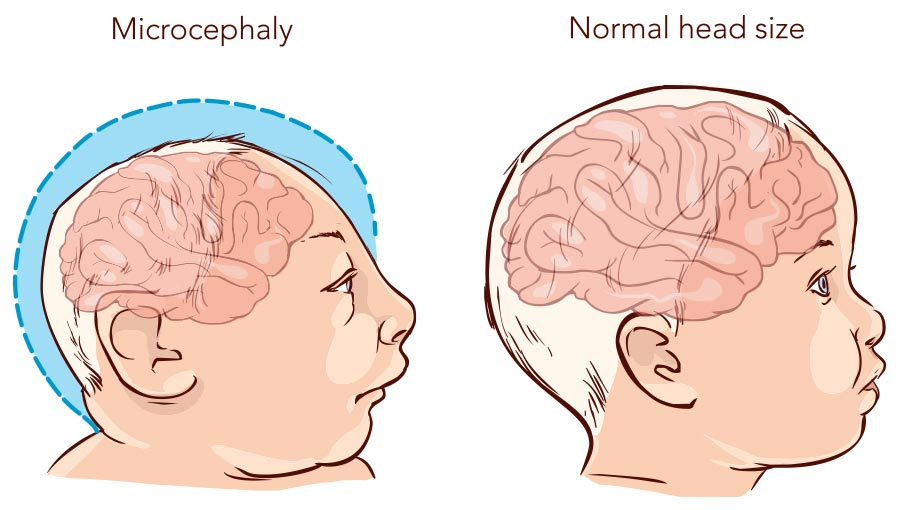Microcephaly | 29 May 2024
Microcephaly, a neurological condition characterised by an abnormally small head and impaired brain development, has been the focus of extensive research, with the SASS6 gene emerging as a key player in this complex genetic disorder.
- Children with microcephaly often have a small brain, poor motor function, speech impairment, abnormal facial features, and intellectual disability.
- The roots of microcephaly lie in the peak phase of brain development in the embryo when the cells destined to become neurons fail to divide normally.
- Since 2014, a gene called SASS6 and its variants have been implicated in this developmental process.
- Researchers have observed that mutations in the SASS6 gene can lead to abnormal centriole formation, crucial for cell division and neural development.
- The Ile62Thr Mutation in the SASS6 gene has been linked to microcephaly, with the protein made using the mutated gene still being functional enough to allow survival, but causing brain and head deficits.
- According to researchers, consanguineous marriages (cousin marriage) increase the risk of inheriting a mutated copy of a gene, including the SASS6 gene, leading to a higher incidence of microcephaly.
Read more: NBRC Researchers Decipher the Cause of Microcephaly

